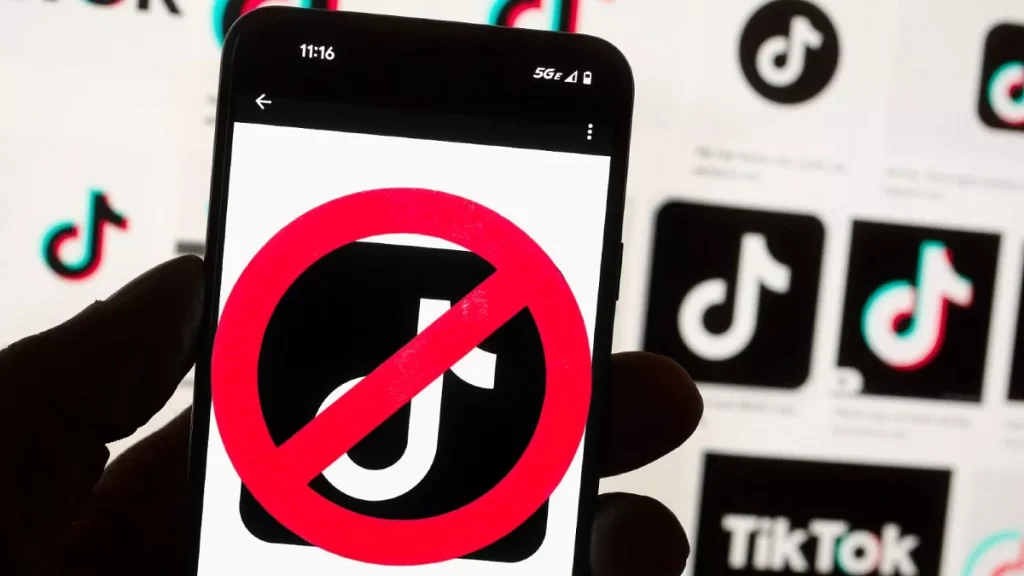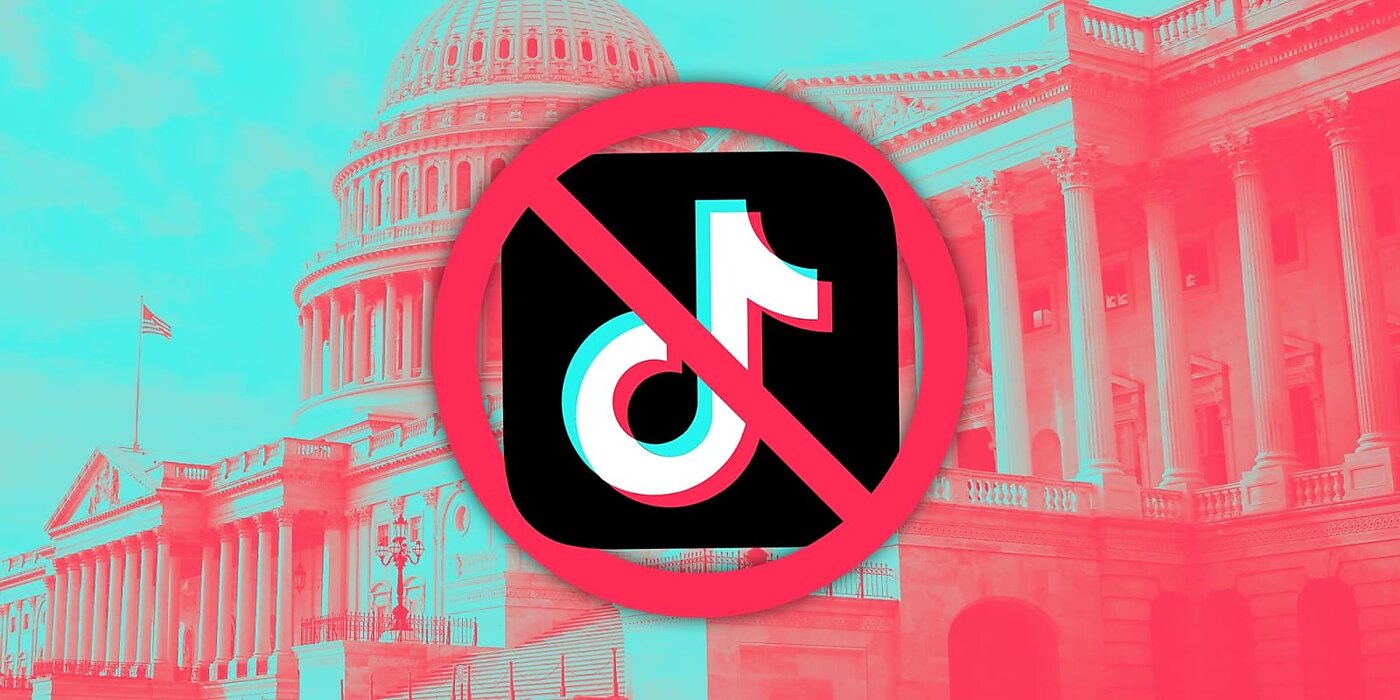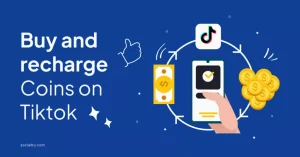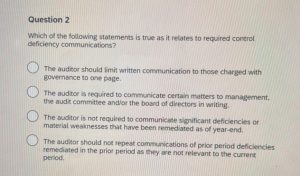
Is TikTok Getting Banned? Undefined information
overview
TikTok has been in the spotlight for a few years now, and it is quickly becoming one of the most important social media platforms in the world. Millions of people from all ages of life have been pulled in by its diversified material and short form films. The app has also received widespread criticism, particularly for privacy and security concerns, and there is growing concern that it may be influencing political and cultural contexts.
Is TikTok getting banned?
This argument has gone viral and is highly debated all over the world. The paper delves deep into issues surrounding TikTok, the countries that contemplate its ban, and what ramifications this might have.
The Rise of TikTok
TikTok is a social network that was developed by ByteDance in September 2016. The app became one of the world’s most downloaded applications within two years and went ahead to rank above social media giant applications such as Facebook, Instagram, and YouTube in application stores’ ratings. Therefore, users can create a video which ranges from 15 seconds up to 3 minutes and share them, showing music, comedy, educational content, among many others.
The algorithm used by the app is unique in that it automatically personalized content for every user based on their viewing history. Users really spend so much time on it, and that is the major reason why TikTok is at the top in the social media space.
Why Is TikTok at the Risk of Being Banned?
Several reasons have contributed to the discussion of banning TikTok:
1. National Security Issues
Given that the parent company behind TikTok was based in China, ByteDance, there was immense concern for data privacy issues or potential surveillance. Critics have repeatedly used the threat that under national security laws, the platform would also have to share user information with the government. While these allegations are repeatedly denied by the company as furthering such arguments that TikTok in no way stores its data within China, those generated very skeptic approaches.
2. Privacy Issues
TikTok has recently faced criticism for collecting a lot of user data, such as location, device details, and browser history. The fact that TikTok is based in China is one aspect that generates a lot of interest in this regard, even though such tactics are common for social networks.
3. Misinformation and Content Moderation
TikTok also came under the criticism of spreading misinformation, particularly on sensitive occasions like elections or public health crises. There were also a lot of scrutiny over its content moderation practices; many accused the platform of being censorious and biased.
4. Influence on Youth and Society
While some critics see the addictive nature and algorithm of TikTok as those that dent mental health, especially among the young, questions of toxic content, dangerous challenges, and other inappropriate materials further open debates on the regulation of TikTok.

Countries Which Might Consider or Have Already Considered TikTok Bans
A number of countries have temporarily banned TikTok or are weighing restrictions. Here’s a closer look at what each has done:
1. United States
The US has been leading most of the conversations about the TikTok ban. In 2020, the administration of President Donald Trump issued an executive order to ban the application on the basis of national security; however, lawsuits barred the ban. The Biden Administration later revoked it but initiated an independent review for applications linked to foreign adversaries.
In 2023, many states prohibited the use of TikTok on government devices and there have been continued discussions of a national ban.
2. India
India was one of the earliest large markets that banned TikTok. The Indian government had banned the application along with 58 other Chinese apps for compromising national security and data privacy in June 2020. Thus, a ban in India had been very vital for TikTok since the platform had numerous active users there.
3. The European Union
The European Union has also expressed concerns about TikTok. Due to cybersecurity concerns, the European Parliament, Commission, and Council banned TikTok on staff devices in early 2023. Further discussions about comprehensive regulations or a ban persist.
4. Other Countries
Countries like Indonesia and Pakistan had temporarily banned TikTok over inappropriate content in the past, citing concerns that the social media platform was having a corrupting influence on society and being too lenient toward certain values. The bans were lifted after the app put tougher controls in place to monitor content, but it does not rule out the threat of restrictions in the future.

Arguments For and Against a Ban on TikTok
The debate over TikTok’s future is highly polarized, with valid arguments on both sides.
Arguments For a Ban
- National Security: The proponents believe that banning TikTok will help protect sensitive user data from espionage.
- Privacy Risk Mitigation: A ban could prevent the exploitation of user data for unethical purposes.
- Decreasing Misinformation: Getting rid of TikTok might contain the spread of fake information and other damaging content.
- Saving the Youth: Some critics also feel that banning TikTok might save younger audiences from its harmful effects.
Arguments Against a Ban
- Freedom of Expression: There are arguments that the ban of TikTok violates users rights in terms of freedom of speech and access to information.
- Economic Consequences: TikTok hosts a massive creator economy and banning the platform could have severely impacted several influencers, businesses, and advertisers depending on it.
- Global Relations: The ban will increase tension with China and further complicate diplomatic relations.
- Limited Effectiveness: Experts say a ban will not solve broader problems in data privacy, as other apps also collect user data.
What is TikTok doing to address the concerns?
Following are some of the steps taken by TikTok to address concerns raised by governments and regulators:
- Data Localization: It has announced plans to store user data on local servers in order to assuage concerns over privacy. For example, in the U.S., TikTok has inked a deal with Oracle to store user data on American soil.
- Measures on Transparency: It has opened transparency centers where regulators can review its data practices and algorithms. TikTok has also published transparency reports to give insight into its content moderation practices.
- Content Moderation: TikTok has improved its ability to remove harmful content and false information by updating its content moderation policy. After that, it modifies content using a combination of AI and human moderators.
- Lobbying operations: In an effort to win over lawmakers and support its platform, TikTok stepped up its lobbying operations in important regions, including the US.
The Role of TikTok in Modern Society
TikTok revolutionized the way content is created and consumed. From viral dance challenges to educational tutorials, the app has empowered creators and connected people from around the world. Its algorithm democratized content discovery, giving a platform to individuals who otherwise may not have gained recognition on traditional media.
Besides this, TikTok has grown in prominence as a mainstream marketing tool whereby companies can reach out for youthful demographics in innovative ways. The cultural impact of this app is pretty amazing, influencing everything from trends in music and fashion to elements of political discourses.
Possible Consequences of the TikTok Ban
In case of a ban on TikTok in the majority of the main markets, that will have far-reaching implications:
- For Users: Millions of users would be deprived of a source for entertainment, learning, and self-expression. Influencers and creators who earn through TikTok might then face financial stress.
- For Businesses: This would leave brands and advertisers with other platforms to reach their target audience. The ban will disrupt marketing strategies and reduce engagement opportunities.
- For Competitors: A ban on TikTok would leave the field clear for competing platforms such as Instagram Reels, YouTube Shorts, and Snapchat Spotlight, which offer similar functionality.
- For Global Relations: One possible consequence could be that banning TikTok might damage the diplomatic relationship between countries implementing a ban and China, thus having broader economic and political implications.
Conclusion
It is apparently a long-standing debate as to whether TikTok will be banned and isn’t buried for quite some time. Of course, reservations are there-from questions ranging from privacy, security, cultural values, to individual impact-but even that cannot supersede the hard-core economic significance that comes with innovation in the present time. But most fundamentally, elected officials, along with their respective agencies and platforms themselves, try solving the related underlying problems while being responsible stewards of digital advantage.






